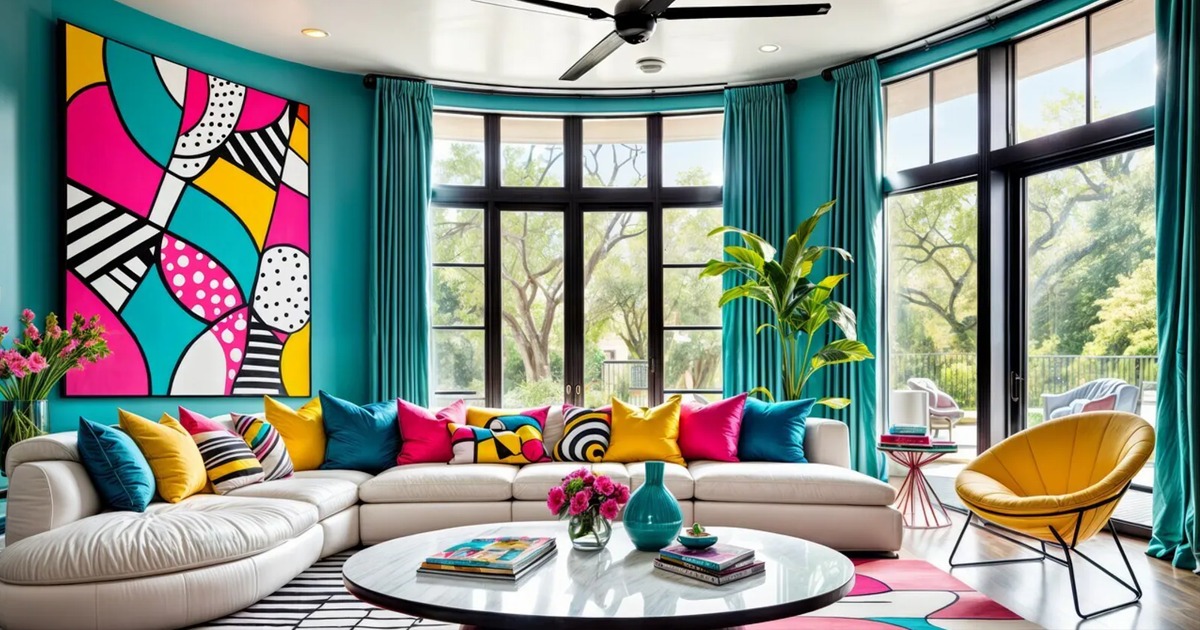Are luxury house sales sustainable in the long term?
By Bricksnwall | 2024-10-05

With the exception of a brief drop in the
January-March quarter, sales in India's luxury housing segment have steadily
increased market share since Q3 2022.
"Buying our dream home is a one-time event, so
we're willing to loosen our purse strings to ensure it reflects our taste and
personalities," said a lawyer-techie pair who recently reserved a
three-bedroom flat in a North Bengaluru building. The property is priced at
₹1.5 crore, with additional funds allocated for interior design.
This millennial couple's story is similar to many
others in India. Homebuyers are rapidly moving their preferences towards lavish
and higher-priced residential units as a result of pent-up demand and increased
income levels caused by the Covid-19 pandemic.
The luxury residential market in India has experienced significant growth over the past three years, driven by several key factors such as rapid urbanisation, increasing disposable incomes, and changing lifestyle aspirations', summarised Pavan Kumar, founder and CEO of Bengaluru-based White Lotus Group.
However, home purchases led by the luxury segment,
a tendency clearly on the rise since the Covid-19 outbreak, is not a
sustainable growth from a long-term viewpoint, according to property
consultancy Knight Frank India on October 3.
"The complete reliance on the upper end of the
market is not appropriate," stated Gulam Zia, Senior Executive Director –
Research, Advisory, Infrastructure, and Valuation at Knight Frank India.
Others agreed. "Focussing only on the premium
market for long-term growth could be risky because it caters to a small
clientele. A diverse portfolio, including inexpensive and mid-segment housing,
will be required to serve the larger population and ensure long-term market
stability," stated Ashok Chhajer, CMD of Arihant Superstructures.
According to Knight Frank's real estate activity
report for the third quarter of the current calendar year, luxury housing
accounted for 46% of total home sales across India's top eight cities.
Luxury housing is defined as residential units
priced at ₹1 crore or more. However, real estate stakeholders across the
country have urged for an update to this definition to reflect changing
economic conditions, particularly in Tier-1 cities.
The average luxury deal value ranges from ₹8 crore
to ₹18 crore in Noida (builders must pay 90% of the land price upfront starting
2022), ₹15 crore to ₹100 crore in Mumbai, and ₹5 crore or more in Bengaluru.
In fact, in a land-starved city like Mumbai, property
developers have turned to redevelopment to secure prime real estate in the
financial capital. In general, all rehabilitation projects are extremely
luxurious, with the majority boasting sea vistas. Experts predict this trend to
continue.
Over the last few years, the country's real estate developers have also hired internationally renowned architects and designers to meet the expanding aesthetic needs of purchasers in the luxury housing market.
According to Knight Frank India data, the luxury
home segment's market share (sales) has steadily increased since Q3 2022, with
just a tiny decrease in the January-March quarter of 2024.
"Luxury housing boomed post-Covid, as lockdowns and remote work made people crave bigger, more comfortable homes with top-tier amenities," said Ashwin Chadha, CEO of India Sotheby's International Realty. He noted that the consultancy's annual poll revealed that lifestyle upgrades would be the primary driver of luxury property demand from 2021 to 2023.
However, the 2024 Luxury Outlook study revealed a
shift showing that investors are returning, with 44% identifying capital
appreciation as their key motive, signifying the return of real estate to HNI
portfolios.
Recent examples of sales boom
Birla Estates sold 95% of its Bengaluru project
inventory within 24 hours of opening, resulting in an estimated booking value
of ₹600 crore.
In another example, DLF's luxury property, DLF
Privana South in Gurugram's Sectors 76-77, received a tremendous response from
clients, culminating in a 100% sell-out even before its official opening. This
performance resulted in new sales bookings totalling ₹7,200 crore.
Signature Global sold luxury units worth over
₹2,700 crore in its Gurugram property, Titanium SPR. The company reported an
extraordinary reaction, with indications of interest in more than twice the
amount of flats to be sold.
Going forward, sectoral players remain optimistic
about the segment, but they also anticipate a resurgence in affordable housing
in the near to medium term.
"The luxury market will continue to thrive,
particularly in metro cities, as demand for exclusive, high-end properties with
advanced amenities remains strong," Chhajer said, adding that as
urbanisation accelerates, developers will focus more on affordable projects to
meet the growing population's housing needs.
Mayank Ruia, the founder and CEO of Bengaluru-based
MAIA Estates, feels that when a market matures, purchasers value quality and
avoid subpar properties. "As this trend continues, premium housing is
poised to command even higher pricing," added the economist.
"With PMAY 2.0 back on the table and a
potential interest rate cut by the RBI—following the US Federal Reserve's
recent 50 basis point reduction—we may see a resurgence in both supply and
demand in the affordable housing sector," says Chadha.
Nonresident Indian contribution
Following the Covid-19 outbreak, non-resident
Indians are boosting their investments in the Indian real estate market, citing
emotional ties and fiscal caution, according to analysts.
They also stated that many members of this
demographic are expanding their real estate portfolios by purchasing newer,
more amenity-rich homes at greater prices. Popular cities with a high
concentration of NRI investments include Mumbai, Bengaluru, and Hyderabad,
among others.
"One of the primary reasons for the growth in India's
luxury residential market is the rise of high-net-worth individuals (HNIs) and
non-resident Indians (NRIs) who are investing in premium properties,"
Kumar told reporters.
The rupee's continuous fall against the dollar,
from roughly ₹74 in January 2022 to about ₹84 now, has bolstered the case for
non-resident Indians.
Industry studies predict that NRIs would account for 20% of the country's overall real estate investments by 2025..
Where are prices going?
Real estate stakeholders across the board
anticipate a further rise in real estate prices, notably in the luxury market.
"Real estate prices are on an upward
trajectory, and I believe this trend will continue, particularly in prime
locations," Ruia said, adding that he expects land prices to rise further,
driven by limited supply and rising demand in prime places.
"While we don't expect the extreme 40-50%
price increases that we saw between FY 2021 and FY 2024, we do predict
consistent rise. Higher construction costs, scarcity of urban land, and demand
for luxury living spaces will all contribute to this slight but continuous
price increase," Chadha stated.
Experts also noted that demand for high-end
residences is reasonably consistent, resulting in higher resale value. However,
market conditions, property upkeep, and changing lifestyle choices all play an
important impact.
"Properties in the luxury class tend to hold
and even increase in value due to limited supply, good locations, and
distinctive features. Luxury condos have a higher resale value than
conventional residences because they cater to a particular market that values
exclusivity and premium facilities," Chhajer explained.
"Luxury homes are generally located in prime
areas, which naturally drives up demand and, in turn, property values,"
noted Pavan Kumar of White Lotus Group.
If you intend to invest in a luxury housing
building, the neighbourhood will have a significant impact on the experience,
so learn about it first. Understand investment, finance, and tax difficulties.
Source:
Hindustan Times







